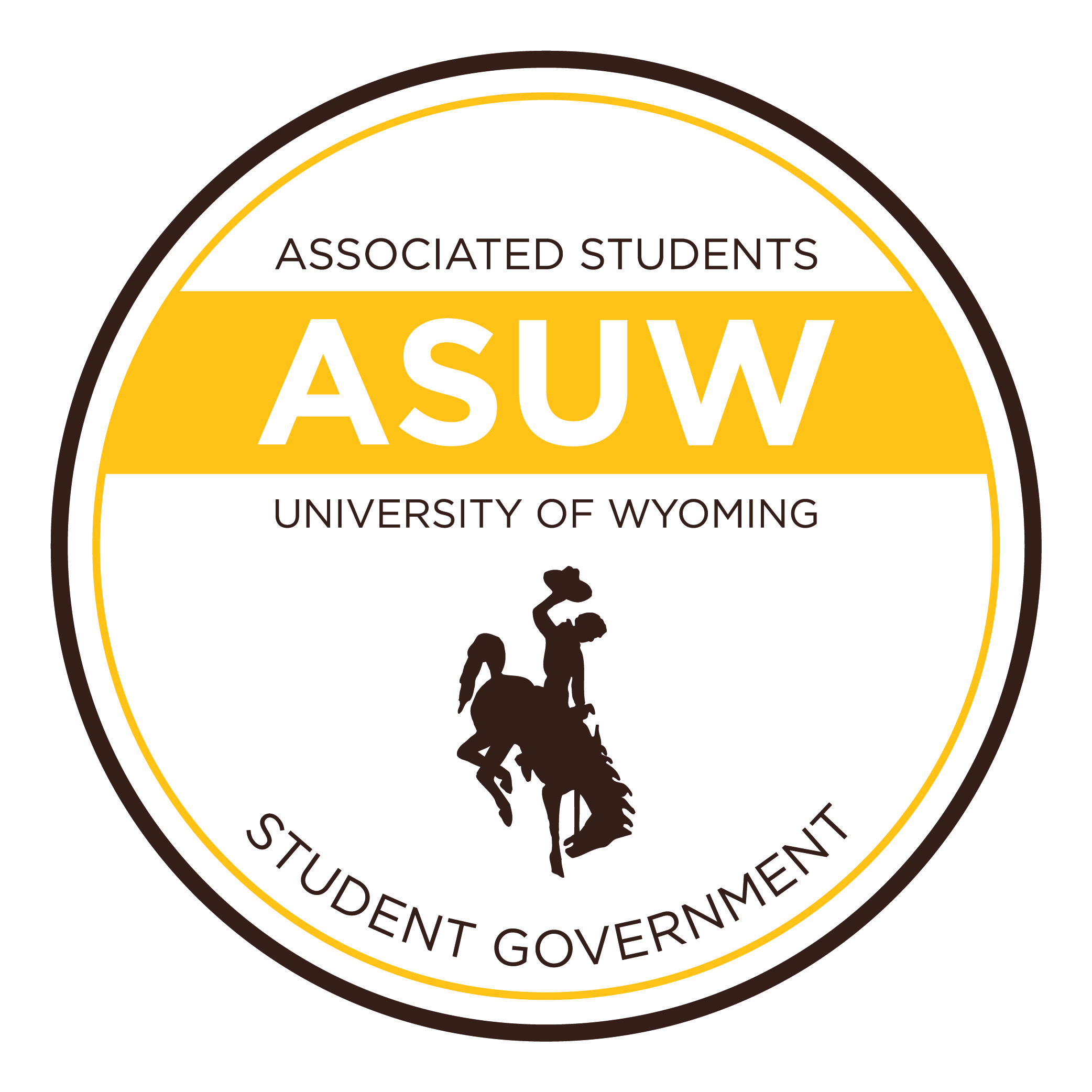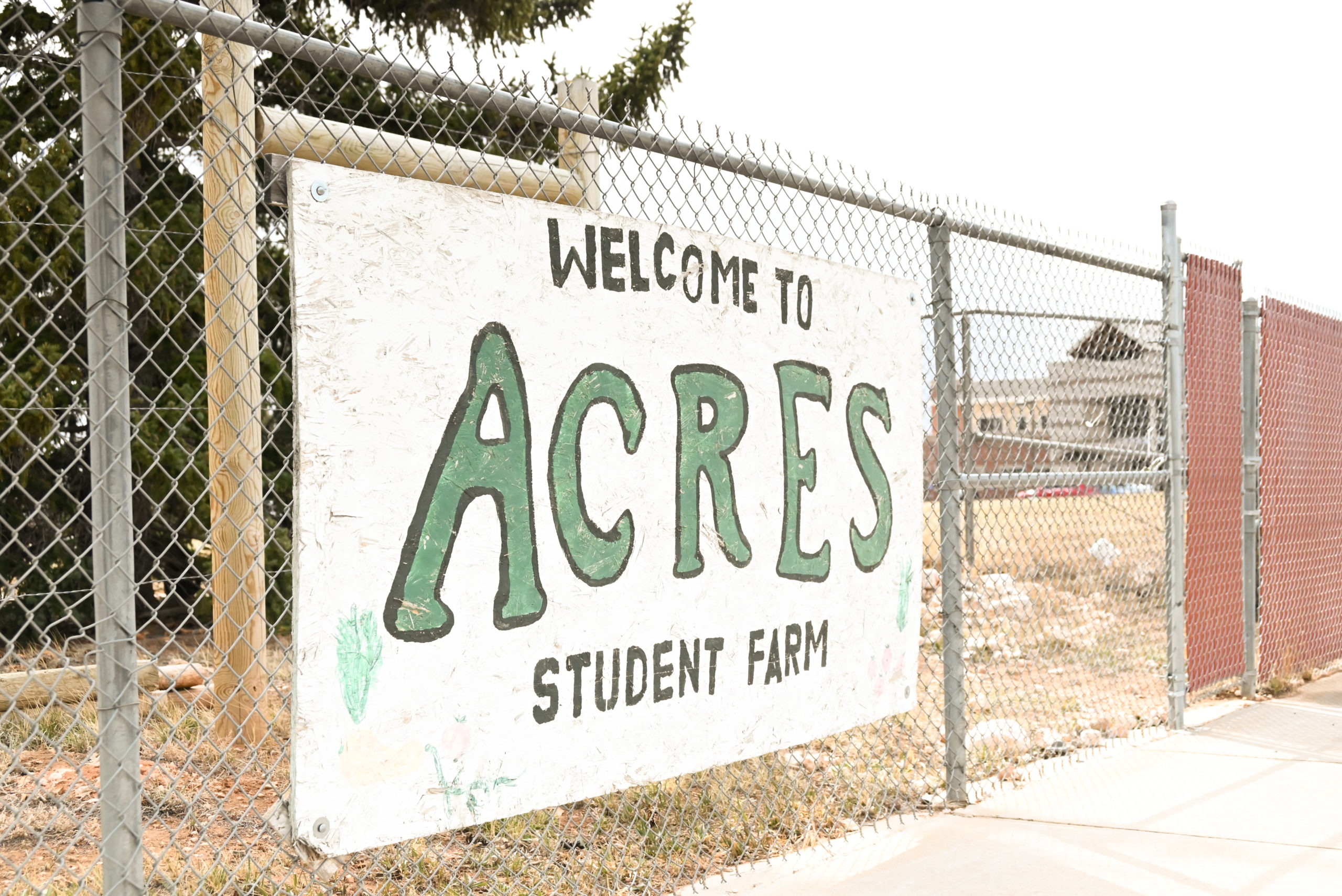The American Indian Studies Alliance (AISA) addresses methodological matters, pedagogical questions and other questions pertaining to investigation and interpretation, according to the group’s Facebook page.
Native cultural events are also supported by the alliance each year.
Alexandra Johnson, president of AISA, said this is not all the RSO does, though.
“We do a lot,” Johnson said. “Nobody knows we are here.”
AISA is the official RSO of the American Indian Studies Program at UW; however, Johnson said it is open to all students and caters to those interested in American Indian Studies or are Native American.
“Anyone, really, who is interested in learning about Native American history, culture and peoples or is just looking for something to do,” Johnson said. “We’re pretty entertaining.”
Johnson said AISA does a lot to promote indigenous language, and are active with the Arapahoe Language Club, which is a sub-group of AISA. In the fall semester AISA helps set up potlucks. Johnson said most AISA members are involved in the Arapahoe Language Club as well.
AISA is active in the community, and incorporates the Cathedral Home for Children into many of their activities. Johnson said the group tries to do quite a bit of work with the Cathedral Home, which usually involves inviting them to the weekly potlucks with the Arapahoe Club during the fall semester, or giving them the option of having a mentor if they so choose.
“We’d usually have a couple boys coming down to chat and we would all talk and get to know them pretty well,” Johnson said.
Promoting cultural awareness is a priority for the group, and this includes working with different visiting lecturers, professors and visiting artists. Johnson said that AISA travels to a powwow every spring, and that in recent years the costs have been covered for members.
“The last two or three years, we haven’t had to charge students at all,” Johnson said. “The department covered meals, hotels, entrance fees and gas. So I mean, they really do take care of us. We are really united.”
Johnson said she loves AISA because it has become a family.
“I didn’t feel connected at UW; I hated it and I was ready to drop out of school. I found myself in an American Indian Studies class and made some friends, and they told me to come to the AISA meeting,” Johnson said. “Now here I am four years later and I have a family.”
Johnson said AISA has social events every month, whether it is board games or going out to dinner. She said it is a time for the RSO to chat and catch up on each other’s lives.
“It’s really a family environment,” Johnson said.
Torivio Fodder, the advisor for AISA, said this is one of the purposes of the group – to provide social opportunities, as well as enabling students to connect with one another and to enjoy campus life.
“We’re here to facilitate relationships on campus, with our majors, our Native Indian students and our faculty members in American Indian Studies,” Fodder said. “We are also here to raise awareness in general for the campus community, to talk about Indian issues that might not otherwise be in the forefront of the student minds. We consider ourselves a resource.”
Fodder said there is an academic and intellectual component to AISA as well, one aspect of which is the study abroad program that connects students from UW to universities and indigenous people in New Zealand. The purpose of the program is culture and language immersion, and students spend two weeks learning about the Māori language and culture.
“New Zealand is one of the few places in the world where the native language has thrived despite being colonized by European countries,” Fodder said. “We really like to focus on the international component of indigenous studies as well.”
This week AISA is hosting guest speakers from New Zealand responsible for running language and cultural immersion programs. The speakers will be featured this week in multiple American Indian Studies classes.
Fodder said AISA is naturally interested in what is going on in Wyoming, such as issues affecting tribes in Wind River and how academia and resources on campus can be brought to bear in these issues.
“We are concerned with how tribes interact with the university and how can we facilitate relationships? We are about being a bridge,” Fodder said.



